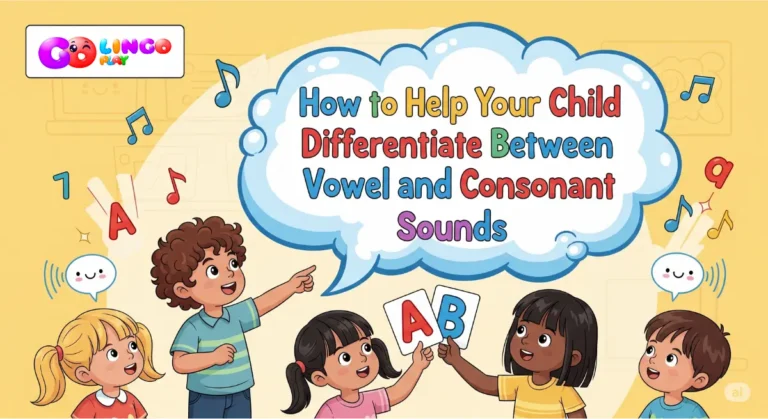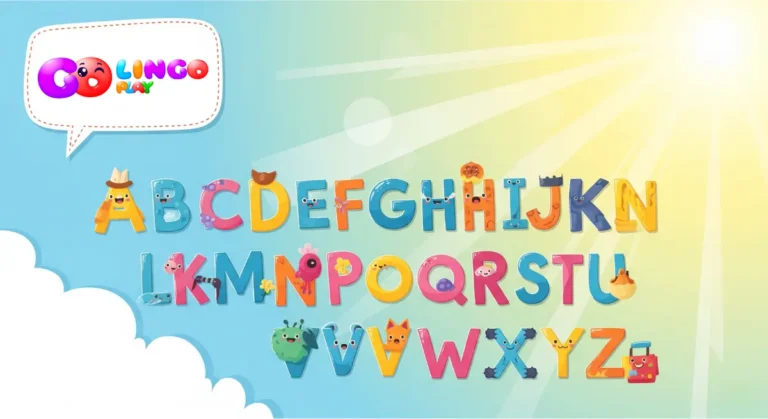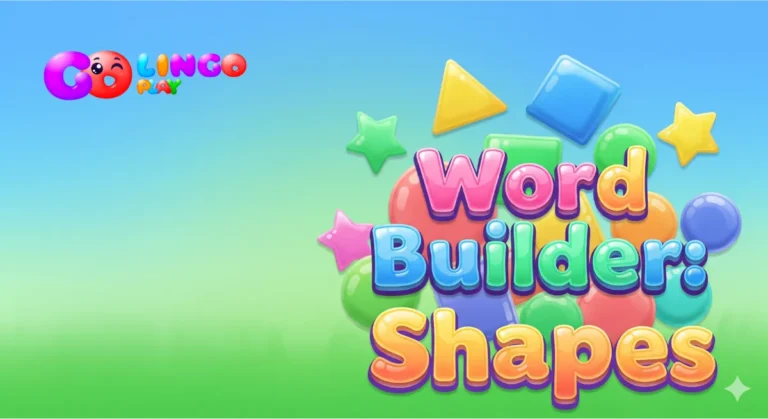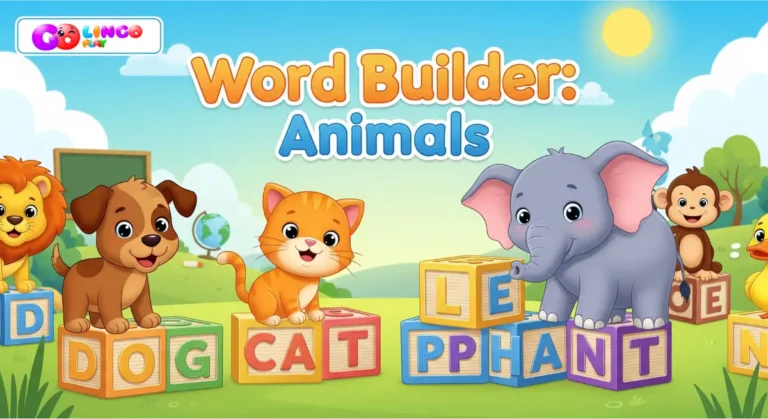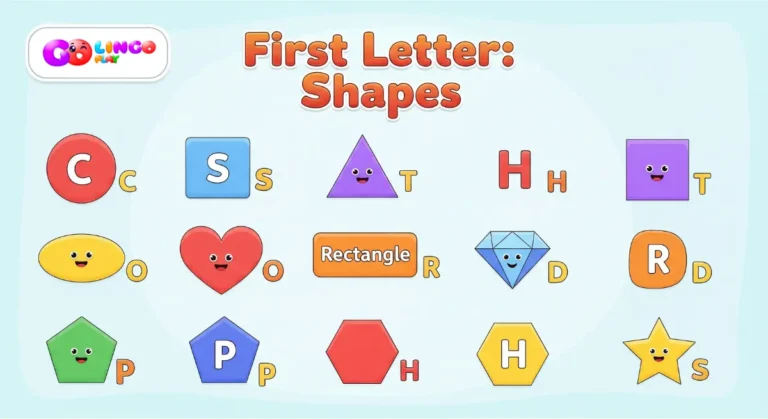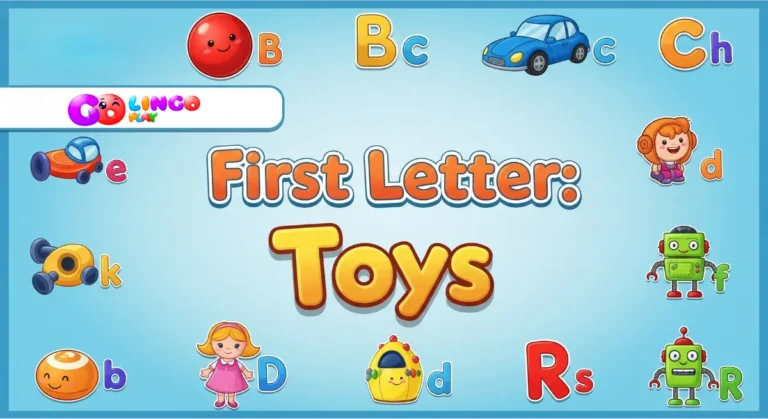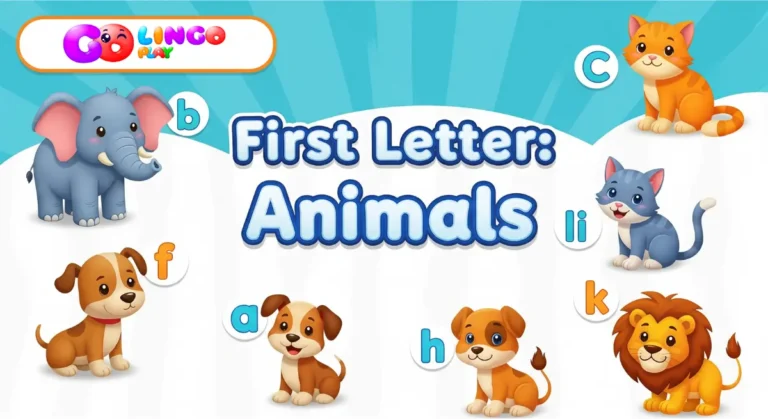Learning a new language is an exciting journey, and for young children, establishing a strong foundation is key to future success. When it comes to English, one term often comes up: Phonics. But what exactly is phonics, and why is it considered so essential for early English learners? Let’s dive in!

What Exactly is Phonics?
At its core, phonics is a method of teaching children to read by correlating sounds with letters or groups of letters in an alphabetic language. In simpler terms, it’s about connecting the sounds of spoken English (phonemes) with the letters or combinations of letters (graphemes) that represent them.
Think about it:
- The letter ‘C’ often makes a /k/ sound.
- The letter ‘A’ can make an /a/ sound (as in “cat”) or an /ey/ sound (as in “cake”).
- The letters ‘SH’ together make a /ʃ/ sound.
Phonics teaches children to decode words by blending these individual sounds together, rather than trying to memorize every word by sight. This skill empowers them to read new, unfamiliar words independently.
Why is Phonics So Essential for Early English Learners?
Phonics isn’t just a useful tool; it’s a foundational building block that unlocks a world of literacy for young English learners. Here’s why it’s so crucial:
- Builds Strong Reading Skills:
- Decoding Power: Phonics equips children with the ability to “sound out” words they haven’t seen before. Instead of guessing, they can apply their knowledge of letter sounds to decipher words like “dog,” “jump,” or “train.” This is fundamental for fluent reading.
- Independent Readers: When children can decode, they become less reliant on others to tell them words. This fosters independence and builds confidence in their reading abilities.
- Improves Spelling and Writing:
- Sound-to-Letter Connection: Just as phonics helps with reading (sound to letter), it equally aids spelling (letter to sound). Children learn that if they hear the /k/ sound, they should think of ‘c’ or ‘k’. This understanding allows them to write words more accurately.
- Inventive Spelling: Even before perfect spelling, phonics encourages “inventive spelling,” where children use their knowledge of sounds to attempt to write words. This is a crucial step in early writing development.
- Enhances Pronunciation and Speaking:
- Clearer Speech: By focusing on individual sounds and their corresponding letters, children naturally improve their pronunciation. They learn how to form sounds correctly, leading to clearer and more understandable spoken English.
- Auditory Discrimination: Phonics training sharpens a child’s ability to distinguish between similar sounds, which is vital for both listening comprehension and accurate speaking.
- Boosts Vocabulary Acquisition:
- New Word Access: With strong decoding skills, children can read more words, which directly exposes them to a wider range of vocabulary. The more they read, the more words they encounter and learn.
- Meaning from Context: While phonics focuses on sounds, it works hand-in-hand with understanding meaning. As children decode words, they can then connect those words to their known vocabulary or infer meaning from context.
- Develops Confidence and Love for Learning:
- Early Success: When children experience success in reading and understanding, their confidence soars. Phonics provides tangible wins, making the learning process rewarding.
- Engaged Learners: Being able to read opens doors to stories, games, and information. Children who grasp phonics early are more likely to enjoy reading and become lifelong learners of English.
Phonics in Practice with GoLingoPlay
At GoLingoPlay, we believe that learning should always be fun! Our educational games are designed to seamlessly integrate phonics principles, making it an engaging experience for preschoolers and kids. From recognizing initial sounds to blending complex word families, our games provide a playful environment where children can practice and master these essential skills without even realizing they’re “studying.”
Ready to start your child’s phonics journey?

